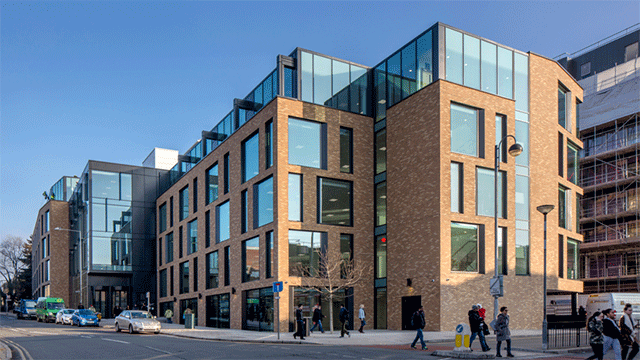The impact that real estate investment trusts will have on the UK property market has so far only been examined from the financial angle (23 August, p5). What is equally interesting is how the promised introduction of what should now be called NUREVs new unitised real estate vehicles will affect the structure of the property market.
And it was this that Kevin McGrath of REIT Asset Management explored in his compelling speech to the EG Economic Summit in London last week. McGrath’s main point (p62) was that the transparency of a NUREV and the ability to trade the units daily will expose the competence of property managers like never before and also expose the cost of managing these funds. Good funds will flourish, poor ones wither.
In August, Merrill Lynch suggested NUREVs would double the size of the quoted property sector from £60bn to £120bn. How does that square with McGrath’s view that NUREVs will hasten the end of a quoted sector that is “dying, if not dead”? Easy really.
No one now doubts on the evidence from abroad that NUREVs might well double the amount of property held indirectly by the public. But are public companies the best drivers of these vehicles? Some, maybe. What is clear is that there are plenty of other drivers equally able to manage NUREVs: life and pension fund management houses, agents, entrepreneurs and, of course, Mr McGrath. It will be this ability to manage and not just own that will matter.
Paradise holds no place for hellish shopping centres
There is something dated about the branded shopping mall, sitting like a cuckoo in the urban nest. The genre that began with Sam Chippindale’s first Arndale centre in Jarrow in 1958 is drawing to a close (p60). The retail development community has begun to recognise that it is no longer either desirable or possible to level the earth and raise a shopping fortress and then insult the local community by giving it a specious made-up name.
This much at least will be known to attendees at next week’s British Council for Shopping Centres conference in Birmingham. But quite how to cope with a shopping centre-less future is a long way from being figured out. But a fine exemplar is being developed. BCSC delegates and anyone else interested should turn their eyes to Liverpool. Here Grosvenor is getting close to starting on what, with studied understatement, it calls the Paradise Street Development Area. This 42-acre site, which adjoins the main retail strip, is to be turned into an £800m… well, what?
No, not a shopping centre: Grosvenor will not even be branding the 2m sq ft of space that will be scattered through 30 buildings that have been artfully placed by masterplanner BDP along the existing street patterns. When the… whatever it might be called… opens in 2008, Grosvenor has pledged to manage what, in effect, will be a privatised portion of the city centre. No mean trick. But one that others will need to learn in order to rebuild Britain’s town and city centres over the next 50 years.










